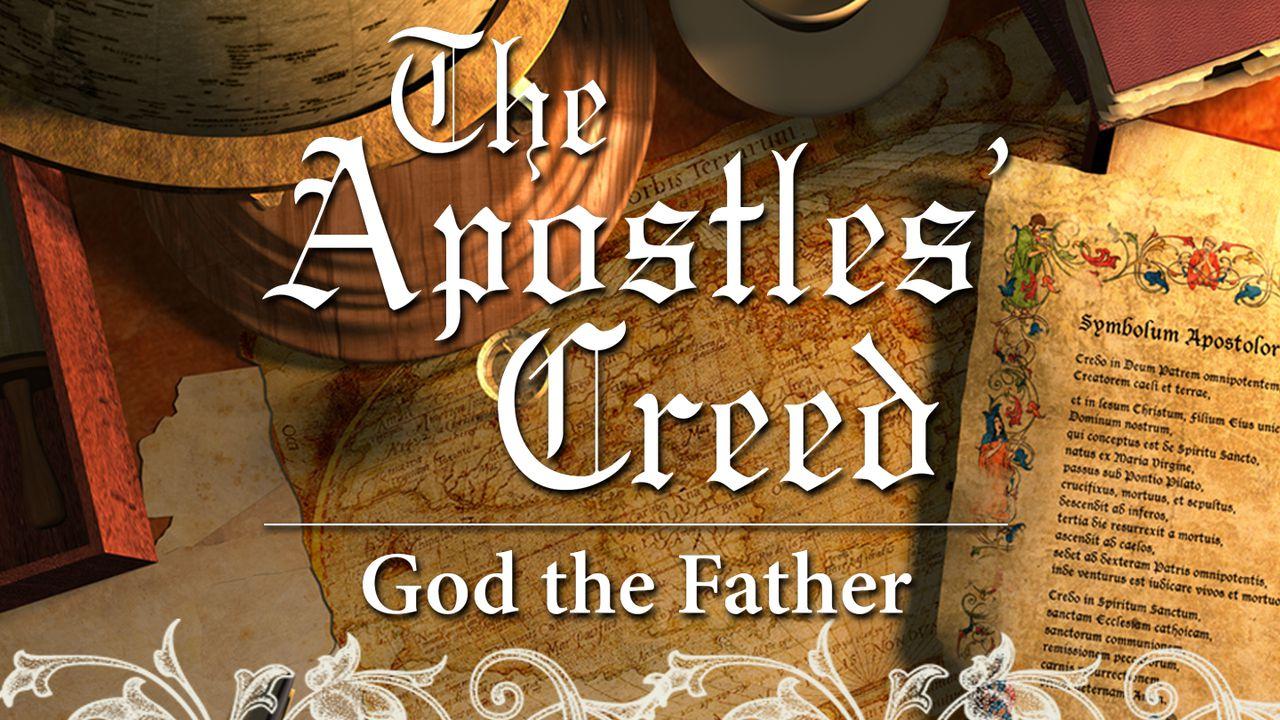The Apostles’ Creed: God The Father预览

God the Father of Creation: Acts 17:26-28
In the broadest sense, Scripture sometimes refers to God as being the father of everything he has created. For instance, we find this in passages like Deuteronomy 32:6, Isaiah 43:6-7, and 64:8, Malachi 2:10, and Luke 3:38.
As just one example, consider Paul’s words to the Athenians in Acts 17:26-28:
From one man he made every nation of men, that they should inhabit the whole earth; and he determined the times set for them and the exact places where they should live... As some of your own poets have said, “We are his offspring.” (Acts 17:26-28).
Here Paul quoted from pagan poets Cleanthes and Aratus, who had said that Zeus was the Father of human beings because he had created them. Of course, Paul insisted that the God of the Bible was the real creator, and not Zeus. But Paul also affirmed the idea that to create something is to become its Father.
The Bible was written in human language. Our human relationship to God as creator is often expressed in terms of the relationship between a father and his children. In this context, God’s fatherhood represents our origin and his authority. – Dr. Paul Chang, translation
Just as human fathers are patient toward their children, God’s general fatherhood over creation motivates him to show great patience with our fallen world, and with sinful humanity in particular. This does not mean that he will always withhold judgment from the creation. But it helps explain why he is slow to anger and quick to show mercy. As we read in Psalm 145:8-9:
The Lord is gracious and compassionate, slow to anger and rich in love. The Lord is good to all; he has compassion on all he has made (Psalm 145:8-9).
读经计划介绍

This reading plan addresses the basic idea of God, looking at some general things the Bible teaches about his existence and nature. It focuses on the phrase "Father Almighty," paying attention to some distinctive qualities of the first person of the Trinity. And it explores the Father's role as the Maker, or creator, of everything that exists.
More


